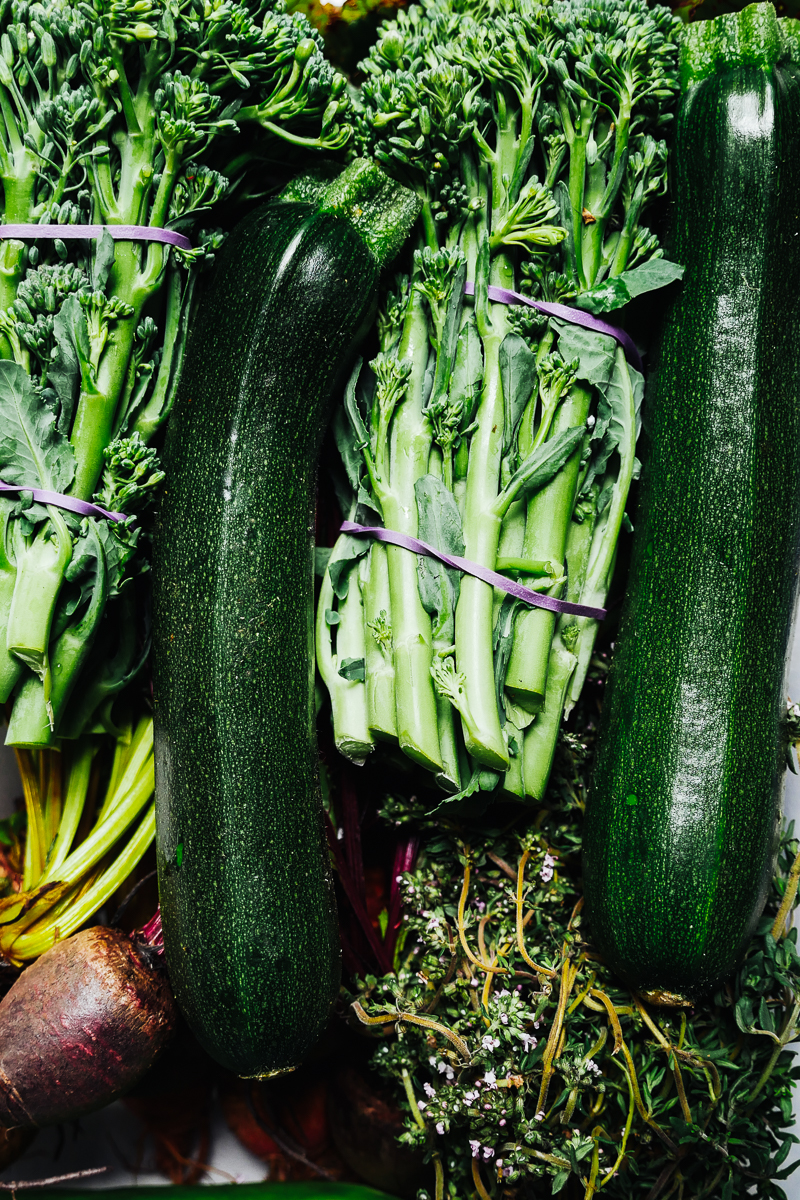
We’re pretty passionate about the environment in our house. We try to do our best by the world, as much as we can. Our garden is full, we choose to ride bikes, use the eco friendly option for everyday things, eat organic and try to be conscious of our consumption of things that aren’t good for the world. We’re not saints, but we try to do out bit. This year, we joined Plastic Free July, which really opened our eyes about the amount of waste that we create without even realising on a daily basis – even in a house that cares about the environment and wants to do the right thing.
I wanted to share with you some changes we’ve made over the past month that have really helped to reduce our waste and ease our load on the world, in the hope that it might provide you with some ideas if you’re wondering what to do in your own life to be a little kinder to the world, all while still eating *very* well. I feel like the world needs positive change right now, but it can be hard to know what to do or where to start! So here are some simple ideas that might inspire you to make a little positive change in your life, too.
Some of these changes took a little effort, but others were as simple as thinking about what we were buying, rather than just grabbing what we always have.
There are lots of big feelings going on out there right now about the state of the environment and what we’re going to do about it. It can feel like one person can’t do much and, without support from our governments, we can’t make some of the positive changes we want to. But there’s nothing worse than waiting around for somebody else to do something, feeling helpless. So let’s do something ourselves! Let’s just get started, and get positive; even if we don’t know how to tackle the whole problem, let’s change what we can for the better!
Don’t let feelings of doom and gloom overwhelm you! Instead, let’s just start making some simple changes to create less waste, and talk to others about what we discover to help create bigger change. Let’s invite friends to join us, learn some cool new skills together and share them with our community. Let’s learn to make things we enjoy eating but have never known how to make, instead of buying them wrapped in plastic! Let’s make better choices and share what we’re feeling, because there are a lot of people out there feeling just the same as you. Let’s make our own village, and do good things.
There are a lot of zero waste guides out there that are super helpful. But attempting to be zero waste can feel huge, almost like it’s a full time job. I don’t want you to feel stressed about it and feel like if you can’t do everything, then you can’t do anything. Reducing the load in any way is helpful! You’re being a good human. Talking to others about the changes you’ve made, or alternatives you’ve discovered, broadens our lives and invites conversation and helps you discover really cool things you never knew you could do, or just better ways of doing the everyday things. A little bit, every day, adds up to a lot.
Surprise, surprise, my ‘lower waste’ guide centres around food! Some guides suggest we change the foods we eat in order to have lighter impact on the earth, and that is a great argument. If that feels right for you, then go ahead and try some changes.
Some bodies don’t do well with changing what you put in them, especially if you have a body with a few struggles that certain foods help support. Changing your shopping list in a drastic way might not make your family particularly happy, either! If you’re anything like us, your family probably has a bunch of different bodies that need different things, plus other quirks and preferences that make eating together a pleasure, rather than a chore.
We love to have access to a wide range of ingredients so everybody can eat well with things that make them feel good, and taste good. We’ve made the switch to making our own oat milk (this is our favourite recipe we’ve tried so far), but most of us like to have cow’s milk around too. We can’t keep a cow in our backyard, so we’ve found better alternatives for how we buy our milk! We’re all different and you need to find alternatives that suit you in order for this to be good for everyone in the long run.
So, this is a ‘lower waste’ guide for the people who like to eat everything, for the parents who have picky kids and want a variety of foods (happy tummies tend to keep everyone happier in general!) and for the people who just want to eat well, and do better by the environment.
Buy milk in glass bottles – we have a few options near where we live to buy milk in glass bottles – from Schultz Organic Dairy and Barambah Organics. Drink the milk, rinse the bottle and take it back, and they will reuse them. Yes, it’s not popping to the corner store to buy some milk when you run out, but with a little thought we’ve found a few options, one of which is along the road we often use coming and going from the city. I’ve switched a lot of my shopping to this store because they sell this great milk, plus other things in bulk, and I want to support a small business that is making it easier for us all to be gentler on the environment. I can’t tell you how much the volume of our recycling has gone down just by making the switch to milk in glass.
If you live in Victoria here is a link to the current stockists for Schultz in glass. If there’s no one stocking it near where you live, you can also contact Schultz and ask them to stock glass at your local retailer. Barambah comes from an organic dairy farm in Queensland, so if that’s closer to where you live, then here are the retailers that stock Barambah in glass. Pour that delicious milk on some homemade granola and it’ll be a happy morning.
Take your own containers to buy fresh meat and fish. We like to eat fish a few times a week in our family and I used to buy it frozen, vacuum sealed in plastic, so there was always some in the freezer. But, that created a lot of single use plastic waste. Now we visit a beautiful local fishmonger who is happy for us to bring our own containers – I pack a cool bag with containers once a week or so and go and buy up big, then bring it home and pop whatever we don’t want to eat tonight in the freezer. We have eaten a much broader range of fish than we would have ever bought frozen and it’s also often been cheaper than buying frozen fish. So, if you enjoy fish too, find a local fishmonger who stocks only local, sustainably caught fish (you can always have a chat about the fish while you’re there). If you want to freeze it, just make sure that it is fresh and has never been frozen. Our favourite is The Fishmonger’s Son in North Carlton (who are really happy for you to bring in your own containers), but support your local fishmonger, take in your containers and have a chat about what kind of fish they sell, and how and where it was caught. The same goes for the butcher: find a local one that you like and take your own containers – so much better than buying plastic wrapped meat from the supermarket!
Take your own bags. Now, I know everyone knows this and lots of people take their own bags for the checkout, but I still see heaps of people using the plastic produce bags when collecting their fruit and veg. Don’t less this slip your mind! It’s time most people brought their own bags for their fresh produce. What a huge difference that would make! There are stacks of re-useable bags for sale out there these days or maybe you already have some hanging around at home – our sheets came in little cotton bags, so I use these too! If you need some, you can buy good ones from Ever Eco or Seed and Sprout – they’re a little investment but are worth it for the amount of waste you reduce. And don’t forget to pop them back in your bag to take with you next time. Another alternative is to find stores that use paper bags for produce, or ask your store to switch to paper – reuse the paper bags a couple of times and then pop them in your compost bin when they’re done.
Take your reusable bags to the supermarket or the greengrocer, or order a fruit and veggie box from a local farm or supplier. I’m not talking about the meal delivery boxes (because they often package things in plastic), I’m talking about a box where you get actual ingredients in their natural state, like fruit and vegetables from an organic farm or shop or maybe even your local greengrocer. In Melbourne we have Ceres Fair Food who deliver organic fruit and veg to your door – have a look in your area and see who delivers fresh fruit and veggie boxes if this will help you save on waste and time. The added bonus is if you have a bounty of fresh veggies on hand it’s easy to whip up a quick nutritious meal; if it saves you time shopping, even better.
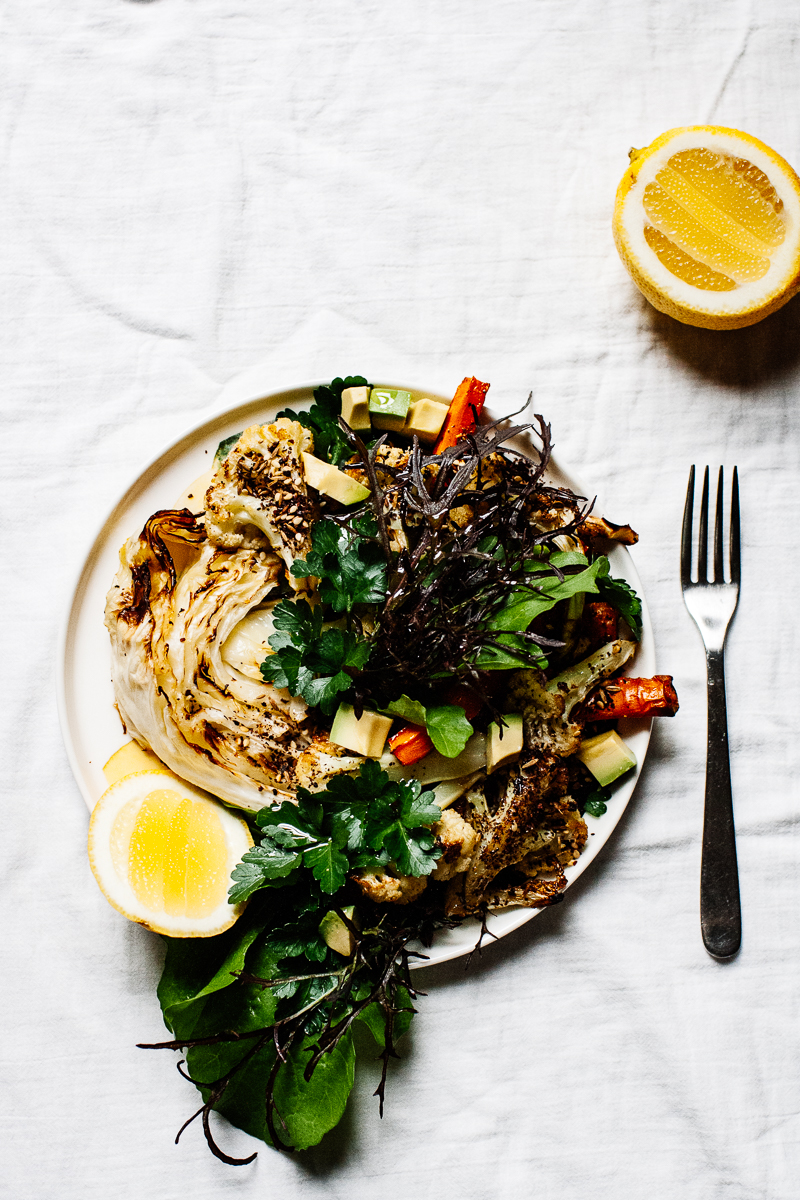 Take those bags again, and buy in bulk. Visit a bulk food store near you and you will find a treasure trove of things you rarely see on the supermarket shelves. Speciality flours, grains, spices, nuts … muesli, pulses, tea, salt and chocolate! You will find so many delicious things to fill your cupboards. Bring your own bags or bottles and have them weighed before you begin for a zero waste pantry. A popular chain in Australia is The Source Bulkfoods but there are many other local health food stores who also have bulk food sections, so get exploring. Use your bulk foods to make a delicious snack to pack in your lunchbox (without extra packaging!) – like these Super Chocolate Bars.
Take those bags again, and buy in bulk. Visit a bulk food store near you and you will find a treasure trove of things you rarely see on the supermarket shelves. Speciality flours, grains, spices, nuts … muesli, pulses, tea, salt and chocolate! You will find so many delicious things to fill your cupboards. Bring your own bags or bottles and have them weighed before you begin for a zero waste pantry. A popular chain in Australia is The Source Bulkfoods but there are many other local health food stores who also have bulk food sections, so get exploring. Use your bulk foods to make a delicious snack to pack in your lunchbox (without extra packaging!) – like these Super Chocolate Bars.
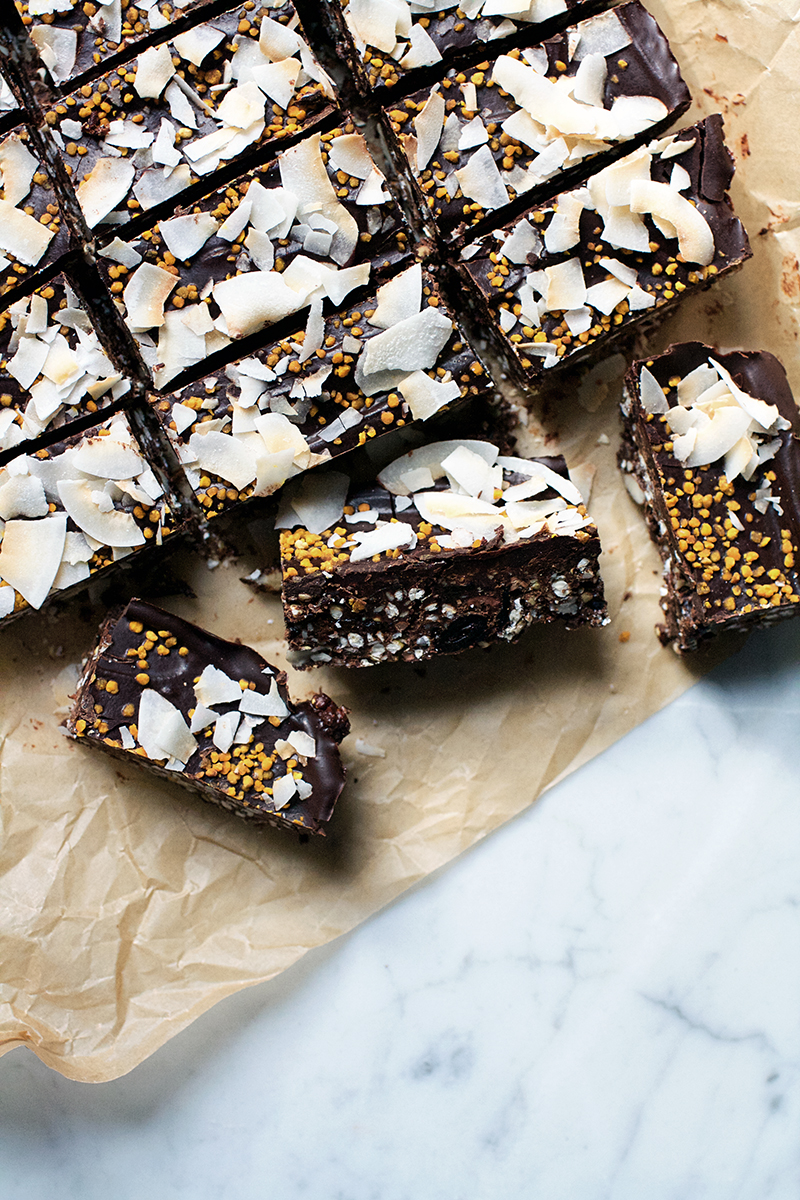 Take your own coffee cup for your morning coffee. It’s not hard, you’re cool and smart and so is bringing your own cup. There are lots of pretty ones out there these days so express yourself and buy one that brings you joy. Visit cafes that offer a discount if you bring your own cup, and support cafes that don’t offer disposable coffee cups at all, because they’re helping us remember to do the right thing. Lots of these cafes sell a range reusable cups too, so if you don’t have one you can pick one up next time you’re there. My favourite local cafe in Melbourne that doesn’t offer disposable takeaway cups is Loafer Bread … they also happen to make the best croissants and this delicious organic bread …
Take your own coffee cup for your morning coffee. It’s not hard, you’re cool and smart and so is bringing your own cup. There are lots of pretty ones out there these days so express yourself and buy one that brings you joy. Visit cafes that offer a discount if you bring your own cup, and support cafes that don’t offer disposable coffee cups at all, because they’re helping us remember to do the right thing. Lots of these cafes sell a range reusable cups too, so if you don’t have one you can pick one up next time you’re there. My favourite local cafe in Melbourne that doesn’t offer disposable takeaway cups is Loafer Bread … they also happen to make the best croissants and this delicious organic bread …
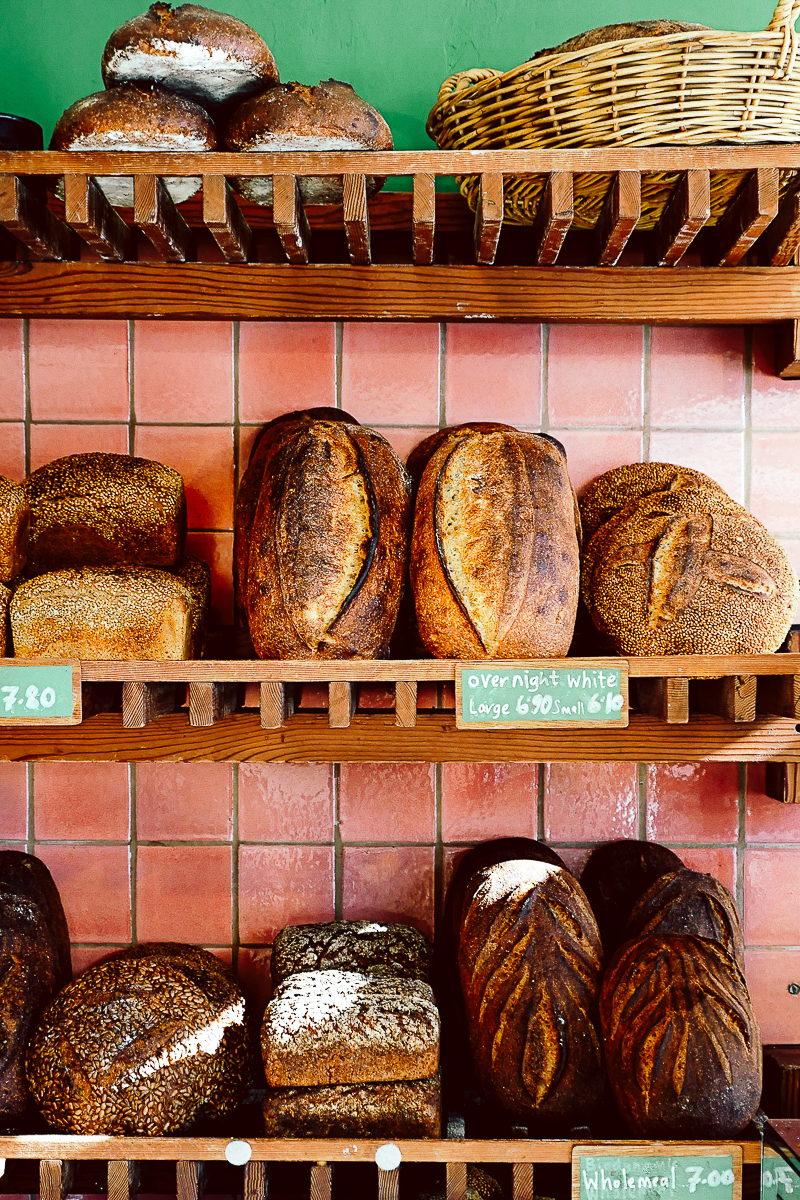 Which brings me to my next suggestion: buy really good bread! You’re worth it. I understand, commercial bakeries are convenient; but if you live anywhere near a good artisan bakery, support them. Good quality bread is in another league entirely; eating proper sourdough is such a treat and you should treat yourself. Plus, a good bakery will usually sell their bread to you in paper bags (I think of this as a litmus test as to whether a bakery is ‘real’ or not) and would probably be happy for you bring your own cloth bread bag, or a clean tea towel to wrap your loaf in, which is also a great way to store it once you get home – it helps prevent it drying out quite so much on the bench. Sourdough is ace, not only because it’s fermented and easier for our body to digest, but also because it lasts a whole lot longer than the sliced, plastic bag variety. No mould! Just a gentle drying out over the course of a week, by which time you can make toast or french toast or croutons or pangrattato … Treat yourself and buy a really great loaf and enjoy that bread all week long. If you live in the northside of Melbourne then check out Loafer Bread, Baker D Chirico or Northcote Bakeshop, who will swap a loaf of bread for selected garden produce (check out their Instagram feed for what they’re looking for this week).
Which brings me to my next suggestion: buy really good bread! You’re worth it. I understand, commercial bakeries are convenient; but if you live anywhere near a good artisan bakery, support them. Good quality bread is in another league entirely; eating proper sourdough is such a treat and you should treat yourself. Plus, a good bakery will usually sell their bread to you in paper bags (I think of this as a litmus test as to whether a bakery is ‘real’ or not) and would probably be happy for you bring your own cloth bread bag, or a clean tea towel to wrap your loaf in, which is also a great way to store it once you get home – it helps prevent it drying out quite so much on the bench. Sourdough is ace, not only because it’s fermented and easier for our body to digest, but also because it lasts a whole lot longer than the sliced, plastic bag variety. No mould! Just a gentle drying out over the course of a week, by which time you can make toast or french toast or croutons or pangrattato … Treat yourself and buy a really great loaf and enjoy that bread all week long. If you live in the northside of Melbourne then check out Loafer Bread, Baker D Chirico or Northcote Bakeshop, who will swap a loaf of bread for selected garden produce (check out their Instagram feed for what they’re looking for this week).
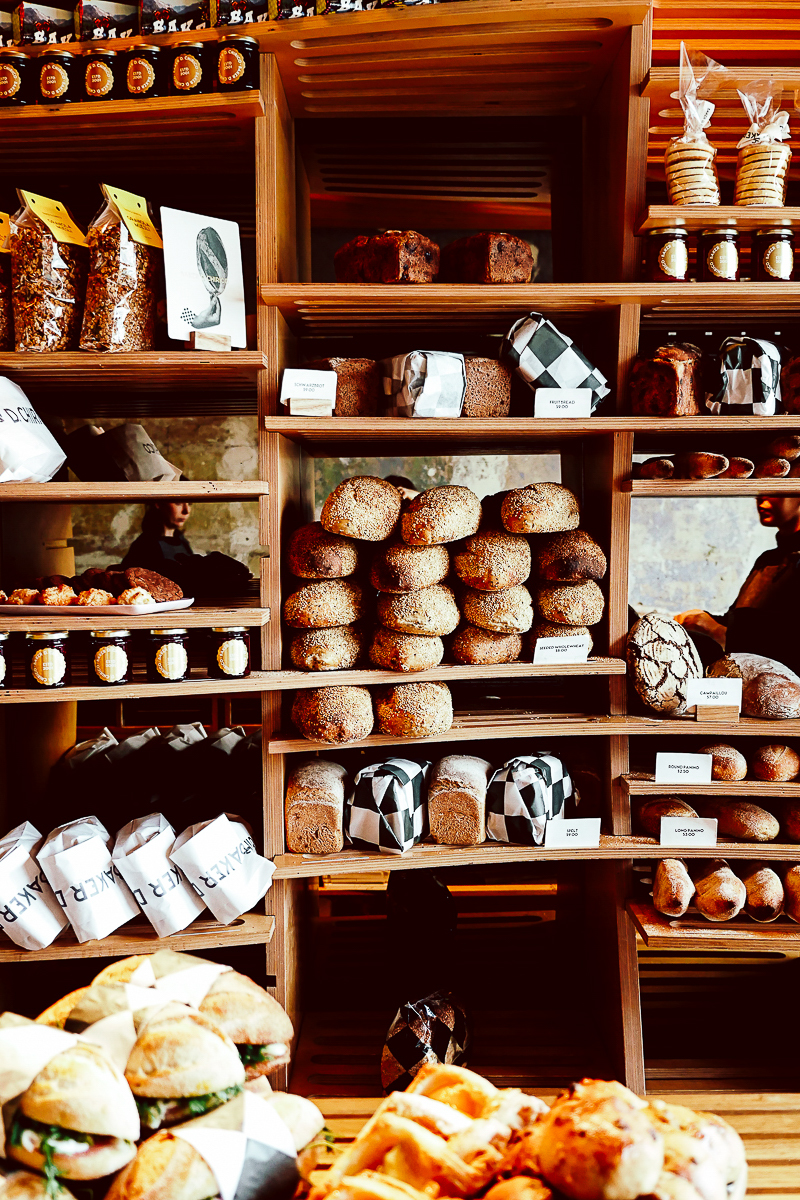 Make something you love to eat but never knew how to, for fun, when you have some time. We learnt how to make udon noodles, because they’re a family favourite and something we could previously only buy in plastic. We watched this YouTube video and gave it a go one Saturday afternoon – the kids loved it, because you knead the dough with your feet, we learned about the culture of Japan, gained a new skill and now have a freezer full of homemade udon for our quick weeknight dinners. The added bonus was we created no plastic!
Make something you love to eat but never knew how to, for fun, when you have some time. We learnt how to make udon noodles, because they’re a family favourite and something we could previously only buy in plastic. We watched this YouTube video and gave it a go one Saturday afternoon – the kids loved it, because you knead the dough with your feet, we learned about the culture of Japan, gained a new skill and now have a freezer full of homemade udon for our quick weeknight dinners. The added bonus was we created no plastic!
Do you have a little backyard? Why not keep a chicken or two? We keep chickens and I can’t recommend it highly enough, not only for the eggs, but also for their ability to turn your scraps into compost and fertiliser (which your garden will love); they’re kinda cute too, our kids’ friends really get a kick out of seeing them when they come over, and they are very low maintenance as far as pets go. We also have a bee hive (which has been a great learning curve). We try to grow some of our own fruit and veg but only what is low key – the things that do the best have to survive with only a little bit of love on the weekend, every now and then. We grow things we love to eat fresh (herbs, lemons, tomatoes) and other things that take care of themselves (silverbeet, garlic, sorrel, self-sown lettuce). It’s been a progression over the years, but it’s fun, and definitely helps keep you connected to what is going on in the world around you. As we begin to feel comfortable managing one thing, we start to think about what we can do next. Do what you can! Start with a lemon tree in a pot, or a tub of herbs! You’ll never look back.
If you don’t have room for a compost bin and can’t compost your own scraps check out Share Waste – a website that helps connect the people with scraps with the people who can compost! Find the map of your local area and it will tell you if someone is composting nearby, or has chickens that would love to eat your scraps.
Be mindful with your ingredients. We’ve tried to reduce our green waste by using up much more of the vegetable each time, and making sure we get to the things we have bought within the use-by date. Cauliflower leaves are delicious roasted like giant kale chips, or chopped finely and tossed in a hot pan with a little spice for a quick lunch. Use up the last of your yoghurt in a batch of muffins, and pop your used lemon skins underneath your lemon tree to it give the tree a bit of extra oomph. Dry out orange peels to use as fire starters or keep them and make your own orange oil cleaner. Think about how you can use up what you already have, and gift it to others if it feels like too much for you. A fruit tree with an over-abundance is an opportunity to share with a neighbour or friend and have a chat, or get preserving. Massimo Bottura has taken sharing food that would otherwise go to waste to another level, but we can all tackle our own food waste issues at home by getting creative in the kitchen. My lovely friend Alice runs an initiative using the fruit from orange trees from the public spaces around Rome to make bitter orange marmalade with the help of a few people struggling to find work, giving them work experience and an extra source of income whilst having fun, creating a sense of community and making something delicious along the way. Find your version, no matter how small.
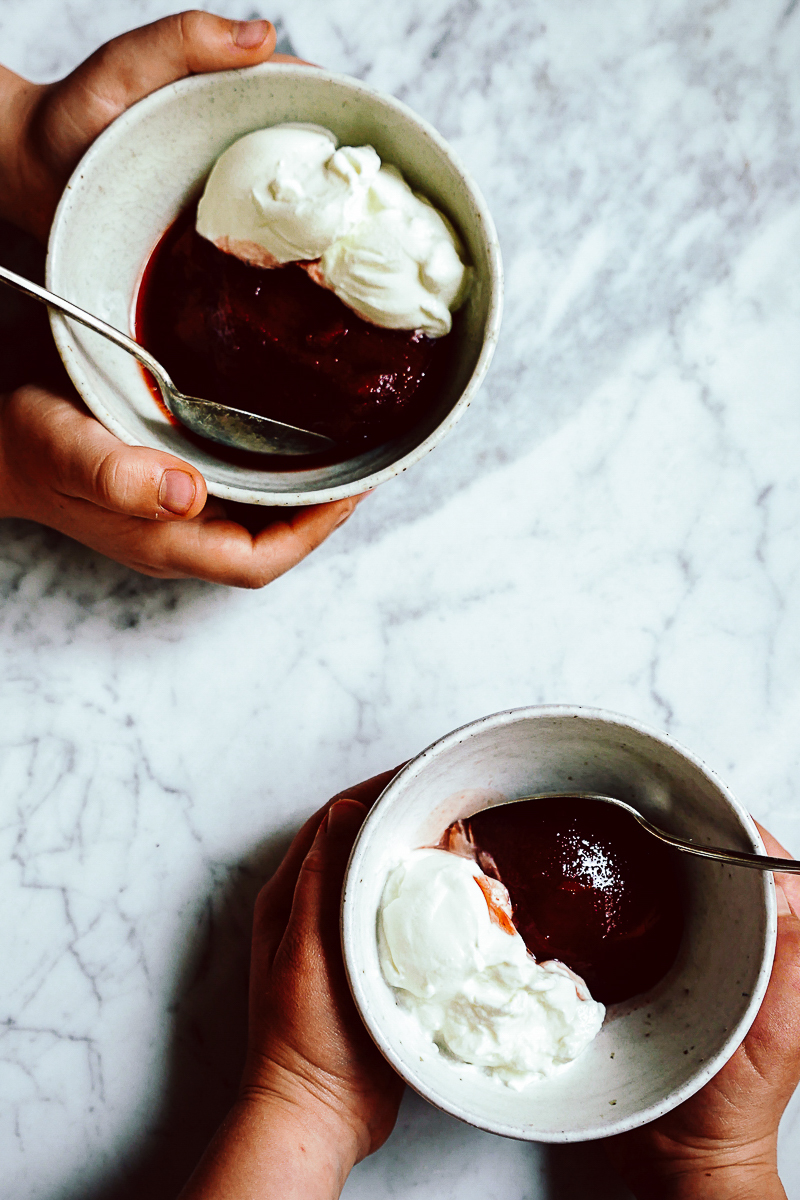 Switch to a refillable laundry liquid, or get a recycled toilet paper subscription . Make your own shampoo out of rye flour if that sounds like fun! I haven’t tried this yet, but I really want to. Let me know if you do!
Switch to a refillable laundry liquid, or get a recycled toilet paper subscription . Make your own shampoo out of rye flour if that sounds like fun! I haven’t tried this yet, but I really want to. Let me know if you do!
If you shop regularly on Amazon, you can request they use biodegradable packaging and reduce plastic when shipping to you as much as possible – here is a step by step on how to make that request. It’s quick, and will reduce the amount of plastic they use to get your goods to you, and will be saved as a preference for all your future orders!
Start with one small switch, and see where that step leads you. I believe in you, and I’m proud of your efforts. Together we can make a difference and feel connected to each other and our earth.
I have no affiliates with any of these companies or links, they’re just some of the solutions we have found over the past couple of months. There are many more ideas and places to get them from out there. Start talking to your friends and discover their solutions and favourite finds. Share your own finds here in the comments. I’d love to hear what you do and where you go! The little things we do make a difference and they can even be fun. Every small step is a step in the right direction. Go you!

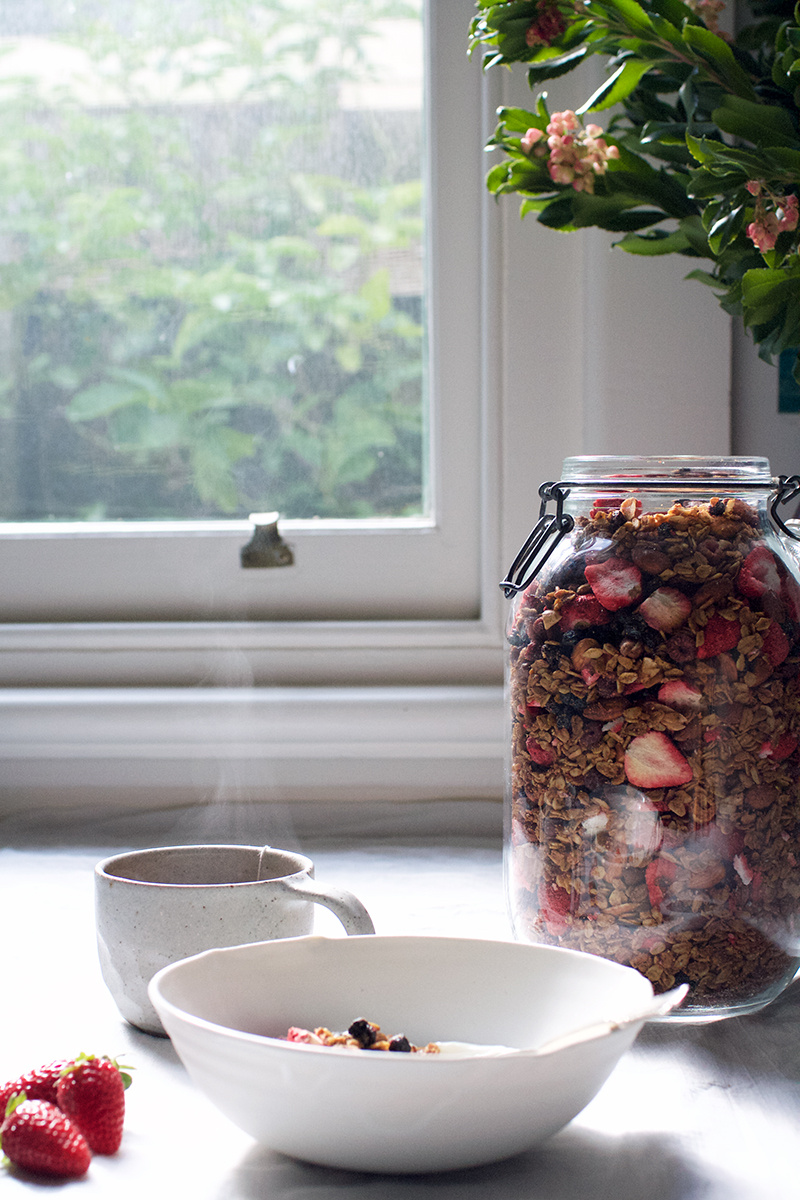
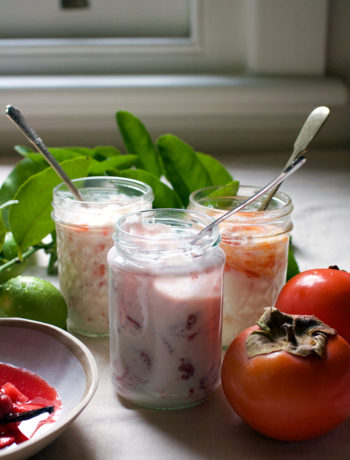
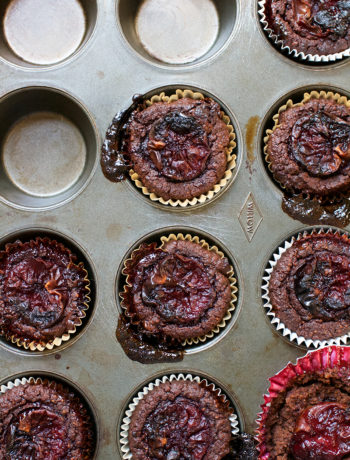
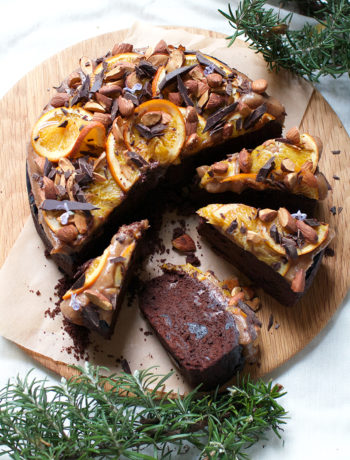
4 Comments
Steve Weis
August 21, 2019 at 7:16 pmAwesome post Amber. I just love the whole approach and delivery. The ideas are great and I couldn’t agree more how worthwhile it all feels making a healthy and creative difference in the choices we make to support the world we call home. Beautiful words and pictures. Thank-you so much for all you do to support health, happiness and community. Much love, Dad.xxx
Sharolyn
August 21, 2019 at 9:08 pmKneading udon dough with feet? Amazing!!!! Definitely going to look in to this!!!
sweetpeadarlingheart
August 23, 2019 at 10:45 amA cool idea, right?! It’s because the dough is quite stiff, so in Japan they pop it in a bag, wrap it up in a tea towel and knead it with their feet so as to not strain their wrists! Genius. That really sold it to the kids, they couldn’t wait to stamp all over it! Have fun xx
What can you do to help save the world? Start by starting. • sweetpea darlingheart
February 20, 2020 at 10:43 am[…] to a politician? Does it look like planting a tree or some flowers in your garden, or choosing to buy your food without plastic? Is it making your own bread to share with your family, and saving a single use plastic bag (plus […]